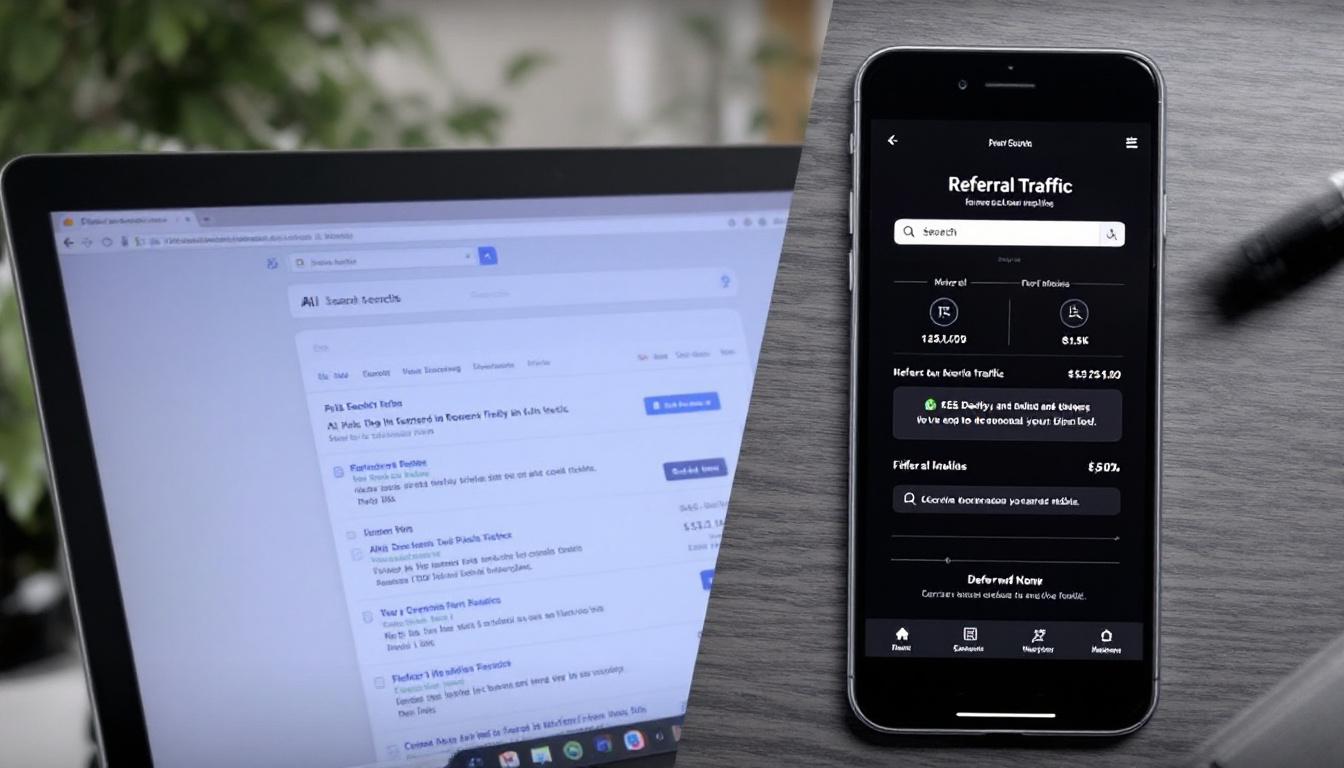Google has launched a suite of AI-driven enhancements aimed at transforming how users plan their travel experiences. These updates span across Search, Maps, and Lens, offering more detailed itineraries and innovative price tracking tools.
Hostinger
Hostinger's managed cloud hosting delivers four times the speed and twenty times the resources of conventional web hosting.
With these advancements, Google is set to redefine the landscape of digital travel planning.
Cutting-Edge AI Enhancements
Google’s latest updates bring a host of new AI functionalities designed to make travel planning more intuitive and personalized for users across its platforms.
Comprehensive Travel Overviews
The enhanced AI Overviews feature now generates extensive travel recommendations that cover entire regions, providing users with more holistic travel plans.
By inputting specific requests such as “plan a nature-focused trip to Costa Rica,” users receive tailored itineraries complete with visual aids.
These recommendations can be seamlessly integrated with various Google services, allowing for easy export and further customization.
Dynamic Hotel Price Alerts
Expanding beyond flight tracking, Google now offers a sophisticated price monitoring system for accommodations.
Users can activate price tracking on google.com/hotels, setting alerts for desired dates and destinations.
The system takes into account user-specified preferences like amenities and star ratings, notifying them when there are favorable price changes.
Intelligent Screenshot Recognition in Maps
Google Maps now features an advanced image recognition capability that simplifies the organization of travel plans.
Leveraging Gemini AI, the tool can identify landmarks and venues from user-saved screenshots, enabling the automatic addition of these places to personalized lists.
Initially available on iOS in English, an Android version is on the horizon.
Personalized Gemini Travel Assistants
The introduction of Gemini AI assistants marks a significant step in tailored travel support.
These custom AI helpers, or ‘Gems,’ are designed to cater to specific travel needs without any additional cost.
They assist users in selecting destinations, offering local tips, and managing trip logistics, enhancing the overall planning experience.
Enhanced Google Lens Functionalities
Google Lens continues to evolve, now offering broader language support and improved informational outputs.
Users can point their camera at landmarks or objects to receive detailed information in multiple languages, including Hindi, Indonesian, Japanese, Korean, Portuguese, and Spanish.
This expansion complements existing translation features, making Lens a more versatile tool for travelers.
Emerging Travel Trends
Data from Google’s Flights and Search analytics reveal evolving preferences among travelers for the summer of 2025.
Popular Coastal Destinations
Coastal regions are witnessing a surge in interest as travelers seek sun-soaked getaways.
Destinations like Puerto Rico, Curacao, and St. Lucia are seeing significant increases in search volume, alongside classic beach spots such as Rio de Janeiro, Maui, and Nantucket.
Rise in Adventure Travel
Adventure tourism within the United States is maintaining strong momentum.
Cities near natural attractions, including Billings, Montana; Juneau, Alaska; and Bangor, Maine, are experiencing heightened search activity.
Keywords like ‘cabins’ for romantic trips and ‘dude ranch’ for family vacations are trending, alongside popular weekend spots like upstate New York and Joshua Tree National Park.
Shift in Luggage Preferences
An unexpected shift in luggage choices highlights changing traveler priorities.
Searches for ‘checked bags’ have surpassed the traditionally dominant ‘carry on’ queries, indicating a preference for more spacious packing options.
This trend is supported by a rise in searches for space-saving travel accessories such as vacuum bags and compression packing cubes.
Impact on SEO and Travel Content Strategies
Google’s advancements in AI-driven travel tools are reshaping the strategies of travel marketers and content creators.
Dominance of Google’s Travel Ecosystem
With Google enhancing its own travel planning capabilities, there’s a noticeable shift in user engagement patterns.
AI-generated itineraries and comprehensive travel information may decrease the necessity for users to visit external travel websites during the planning stage.
This emphasizes the need for travel brands to differentiate their content by focusing on unique experiences and detailed narratives that go beyond what AI tools can offer.
Strategic SEO Adjustments
Travel marketers must adapt their SEO strategies to remain competitive in this changing landscape.
Emphasizing niche keywords and creating in-depth, specialized content can help travel sites maintain visibility.
Additionally, leveraging the trend data for targeted keyword optimization can enhance content relevance as consumers begin their summer vacation planning.
The Bottom Line
Google’s latest AI enhancements are set to significantly alter the travel planning process, offering users more personalized and efficient tools within Search, Maps, and Lens.
While these developments streamline the user experience, they also present new challenges for travel marketers and content creators. To thrive in this evolving environment, staying informed and adapting strategies to offer unique, value-driven content will be essential.








